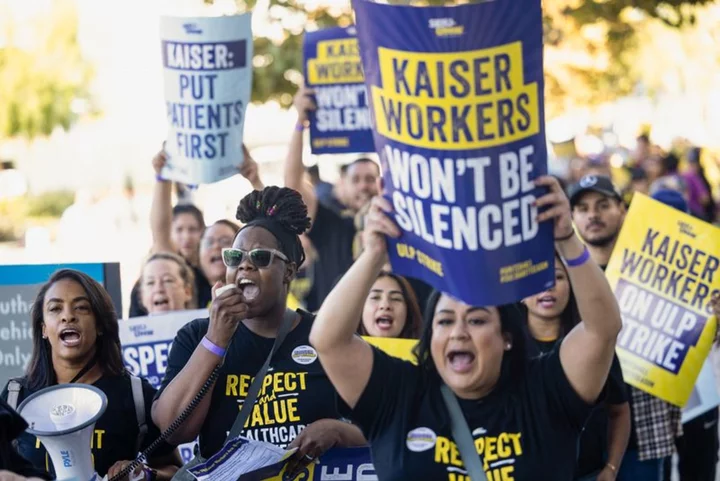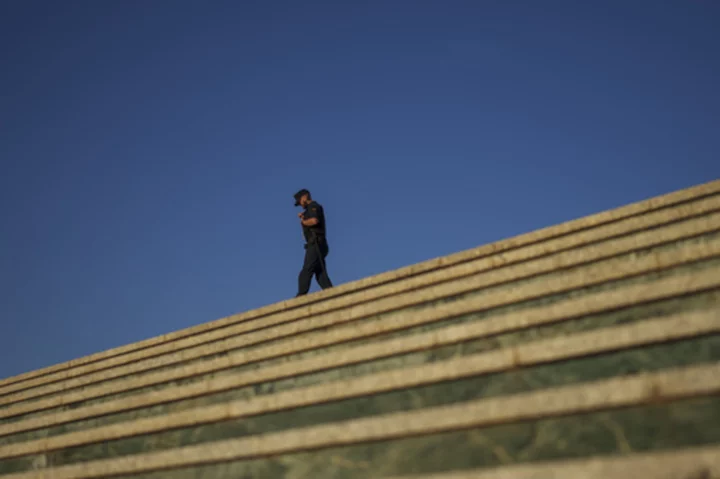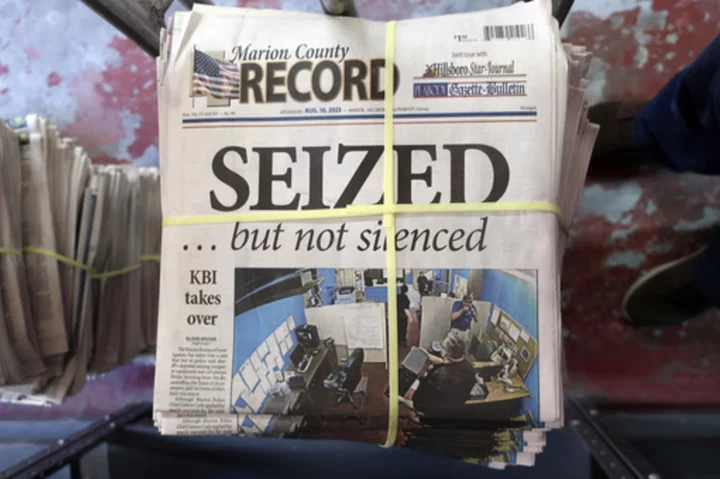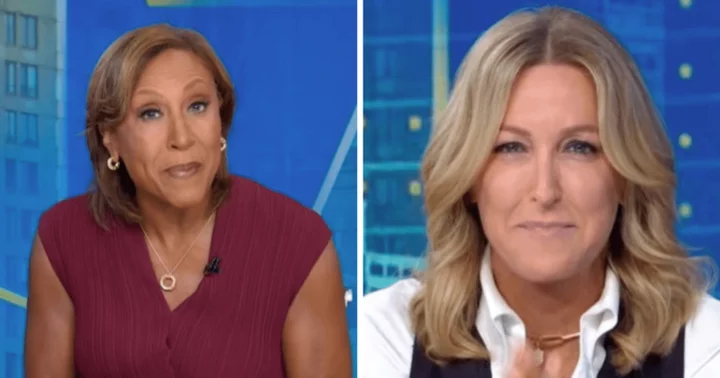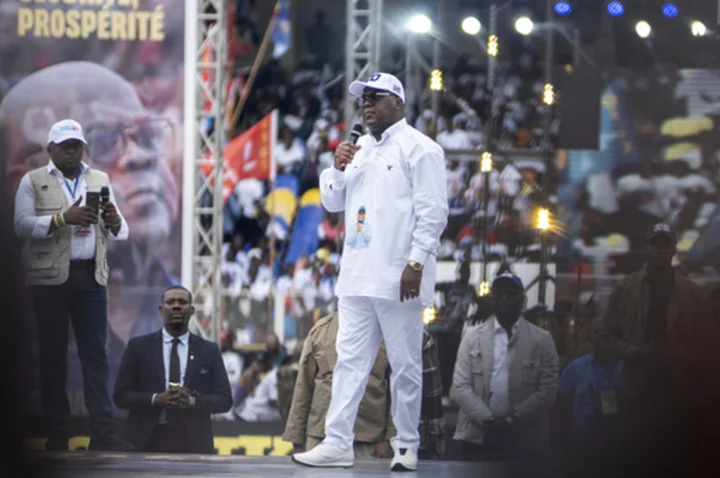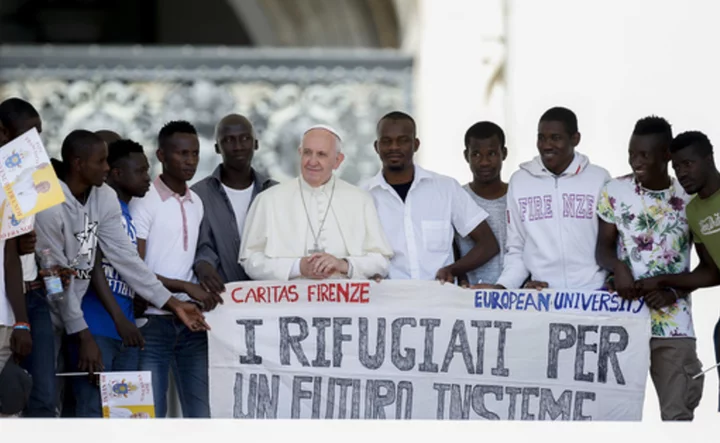By Steve Gorman
LOS ANGELES Kaiser Permanente and the union representing healthcare workers resumed negotiations on Thursday, more than a week after contract talks broke off at the start of a 72-hour strike by 75,000 nurses, medical technicians and support staff.
Company and union spokespersons said the two sides met in person late in the day at a San Francisco Bay-area hotel. Acting U.S. Labor Secretary Julie Su was present, as previously announced, to play a role as mediator, a spokesperson said.
The dispute is focused on workers' demands for better pay and measures to ease chronic staff shortages and high turnover that union officials say has undermined patient care at Kaiser, a leading nonprofit hospital network and managed-care organization.
Once again, negotiators are meeting under a strike deadline for next month set by the labor group representing the healthcare workers. Both sides declined to discuss details of the talks on Thursday.
The Coalition of Kaiser Permanente Unions said on Monday it has served notice that a week-long "follow-up strike is possible" starting Nov. 1 unless the two sides reach a settlement beforehand.
More than 75,000 Kaiser employees took to picket lines last Wednesday at hundreds of hospitals and clinics in California, Oregon, Washington state, Colorado, Virginia and the District of Columbia.
The strike, which ran for three days, marked the largest work stoppage to date in the healthcare sector. Kaiser said it kept its hospitals and emergency departments open during the walkout, staffed by doctors, managers and "contingency workers".
The company has acknowledged staffing shortages plaguing the entire healthcare sector, a consequence of occupational "burnout" from the COVID-19 pandemic, leading to more than 5 million medical workers leaving their jobs. Kaiser also has insisted it leads its competition in wages in all the markets where it operates.
The unions say Kaiser's outsourcing of healthcare duties to third-party vendors and subcontactors has also emerged as a major sticking point in talks that have dragged on for six months. The workers' last contract expired on Sept. 30.
The clash has put Kaiser at the forefront of growing labor unrest in the healthcare industry - and across the U.S. economy - driven by the erosion of workers' earning power from inflation and pandemic-related disruptions in the workforce.
The latest strike deadline coincides with the expiration of a contract covering another 3,000 Kaiser healthcare workers in the Seattle area, which would add them to the ranks of a second walkout if one occurs, the coalition said.
(Reporting by Steve Gorman in Los Angeles; editing by Miral Fahmy)

